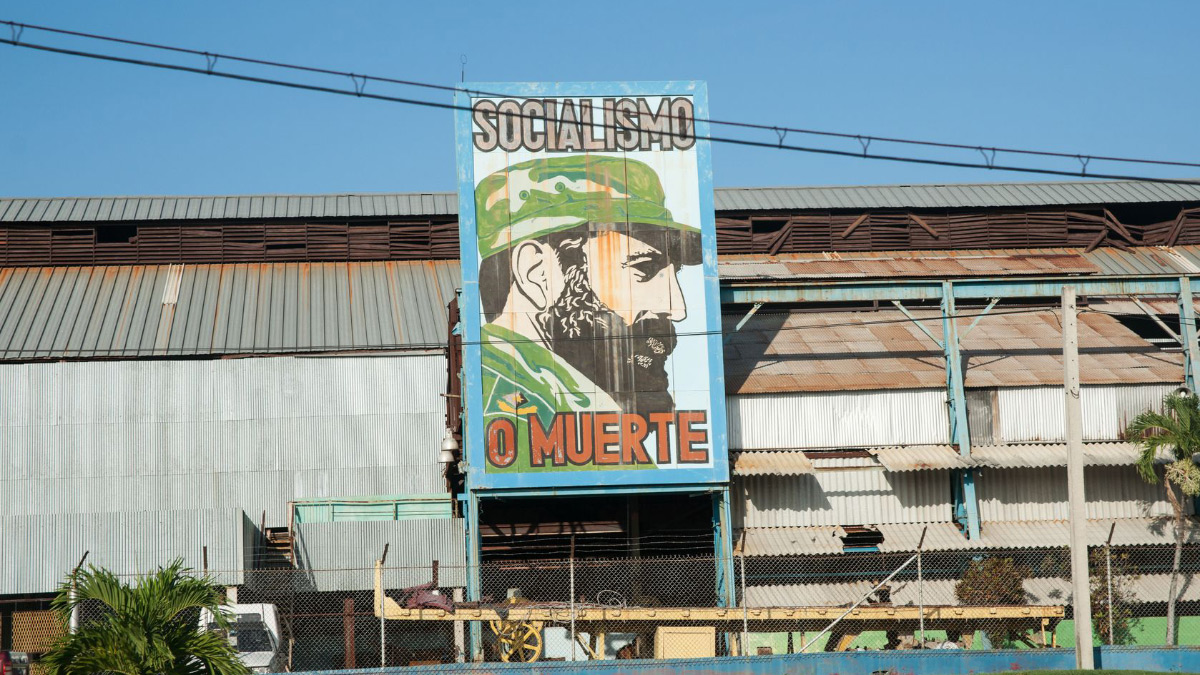“Miguel Diaz-Canel was officially named as the new leader of Cuba on Thursday,” proclaimed CNN. This came as a surprise to observers around the world, particularly American millennials who never got word that Miguel Diaz-Canel was even running.
What were his poll numbers with blue-collar workers, women, and the gay and transgender community? What policies was he advancing to improve the Cuban economy? How did he stack up against political rivals in other parties?
No word on any of that because Diaz-Canel was “named” the new leader and not elected by a vote of the people. As CNN said, it was a “secret vote” of the National Assembly, and the new leader himself explained how it was all going to work.
“Raul Castro, as first secretary of the Communist Party of Cuba, will lead the decisions of greatest transcendence for the present and the future of this country,” Díaz-Canel said. So, in this one-party totalitarian state, Raul is still the boss, and he wasn’t elected by the people either.
Raul is the younger brother of Fidel Castro, the dutiful Communist who transformed a prosperous country into a bankrupt Soviet colony and military base. True to form, Fidel never allowed a free election in more than 50 years.
Millennials might think it odd that new leader Miguel Diaz-Canel is a white guy. Some 800,000 African slaves were brought to Cuba, more than double the number in the United States, and by some counts black and mixed-race Cubans may account for more than 60 percent of the population. Even so, Fidel Castro’s revolutionary vanguard included no blacks, although the Communist regime put many blacks in prison.
Of Cuba’s large prison population of 100,000, approximately 70 per cent are Afro Cubans. Like the late Eusebio Penlaver, many Cuban blacks are political prisoners. On the other hand, the Communist regime shows diversity in repression, documented by Cuban cinematographer Nestor Almendros (Places in the Heart, Sophie’s Choice) in his 1984 film, Improper Conduct.
As Vincent Canby of the New York Times noted in his review, “playwrights, doctors, poets and painters as well as more ordinary folk such as tour guides and hairdressers, a number of whom spent time in one or more of the country’s forced-labor camps.”
Millennials may also be unaware that Fidel Castro called American jazz the “music of the enemy” and jailed trumpeter Arturo Sandoval for listening to the Voice of America. Cuban saxophonist Paquito D’Rivera defected in 1981, but it was ten years before the Castro regime would allow his family to join him.
Cuba does not allow free emigration, but thousands have fled using anything that floats. Many have perished in the Straits of Florida, a cemetery without crosses.
New Cuban leader Miguel Diaz-Canel hasn’t said whether he will release political prisoners, ease up on repression, or allow free multi-party elections. But as he was careful to explain, Raul Castro and the Communist Party still run the place.
Fidel and Raul get a lot of screen time in Orlando Jimenez-Leal’s documentary 8A, which captures Castro’s show-trial of general Arnaldo Ochoa and other officers. Their government lawyers pleaded with the court that their clients must receive the death penalty, duly carried out with no appeal in 1989.
That’s the way it works in a Stalinist dictatorship whose single party selects leaders like: Fidel Castro, Raul Castro and Miguel Diaz-Canel.








